Curious Questions: What is the perfect hangover cure?
If there's a definite answer, it's time we knew. Martin Fone, author of 'Fifty Curious Questions', investigates.

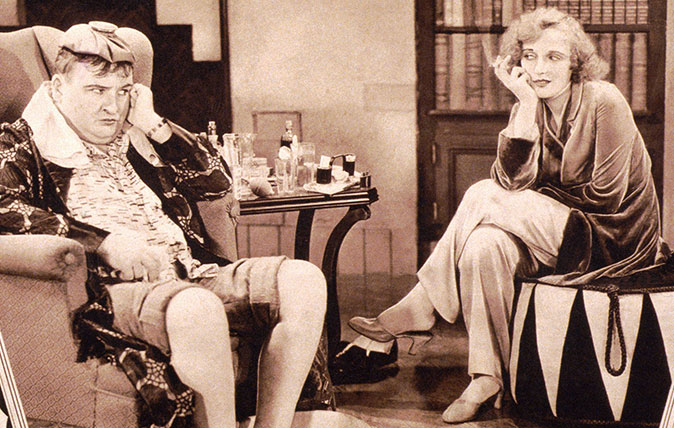
I must confess that I am partial to a few drops of the electric sauce. Have you noticed that after having one over the eight and laying down your weary, aching head on the pillow, the room seems to go round and round? Have you ever tried to gather what few grey cells are still functioning to wonder why that is?
It seems that this phenomenon is all down to the effect that alcohol has on your ears and, in particular, on three semicircular canals. These canals contain a fluid called endolymph and a gelatinous structure filled with cells covered in fine hair-like stereocilia called cupula. Alcohol thins your blood, and when the red stuff gets to the inner ear, it creates a difference in density between the cupula and the endolymph.
The little hairs in the cupula bend. In normal circumstances they send a signal to the brain telling you that your position has changed. Under the influence of alcohol, they are tricked into thinking that you are moving and send signals to the brain that makes it believe that you are rotating – hence the feeling that the room is moving even though you are motionless.
If you close your eyes whilst experiencing this phenomenon, it just makes the sensation worse because you have no visual point of reference to contradict the illusion. My best advice for you in these circumstances is to open your eyes and stare at a fixed object.
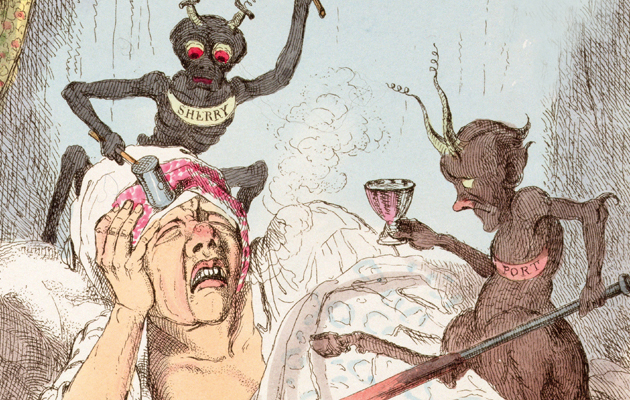
The next problem, after a few hours of fitful sleep, is that you wake up with an enormous headache, you are good for nothing, and you are on the search for a pick-me-up. The efficacy of your hangover cure is entirely dependent upon how quickly it reduces what acetaldehyde is left in the body.
Our livers, or what is left of them, release an enzyme called alcohol dehydrogenase, which gets to work on the ethanol content in alcohol to form a chemical called acetaldehyde. This in turn is broken down by an enzyme called aldehyde dehydrogenase (ALDH) into a chemical called acetate. Once this has been accomplished, your feeling of normality and at ease with the world returns.
Perhaps one of the most famous and, by all accounts, efficacious of hangover cures is Jeeves’s pick-me-up as described in P G Wodehouse’s Jeeves Takes Charge:
Exquisite houses, the beauty of Nature, and how to get the most from your life, straight to your inbox.
‘If you would drink this, sir,’ he said, with a kind of bedside manner, rather like the royal doctor shooting the bracer into the sick prince. ‘It is a little preparation of my own invention. It is the Worcester sauce that gives it its colour. The raw egg makes it nutritious. The red pepper gives it its bite. Gentlemen have told me they find it extremely invigorating after a late evening.’
Chinese scientists, as reported in Chemistry World, have carried out research into the restorative powers of fifty-seven drinks and potions, although not Jeeves’s panacea. The most efficacious of the drinks for reducing the effects of alcohol on the body and promoting the ADLH process proved to be Sprite, that colourless, lemon and lime, caffeine-free soft fizzy drink that was developed by the Coca-Cola company in the early 1960s to counter the popularity of 7 Up. Some trendier and allegedly healthier hangover cures such as herbal tea actually make matters worse by inhibiting the ALDH process.
Reluctant as I am to promote the cause of an American multinational, needs must in these circumstances. I am keen to see if it works!
Martin Fone is author of 'Fifty Curious Questions', from which this piece is an excerpt – find out more about his book or you can order a copy via Amazon.
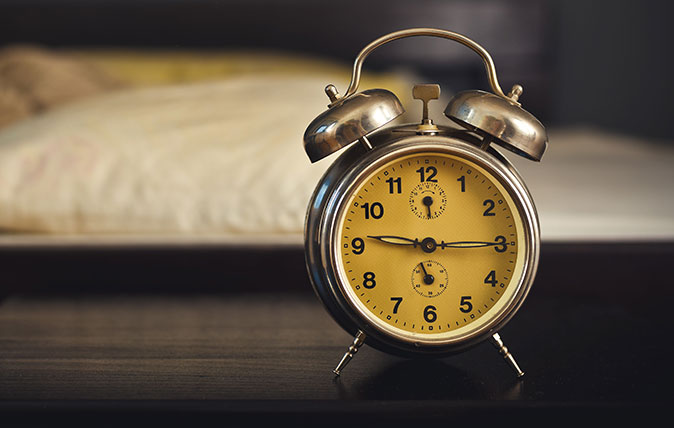
Credit: Alamy
Curious Questions: Why do you wake up just before the alarm goes off?

Credit: alamy
Curious Questions: Why is a day divided into twenty-four hours?
We've been counting things in convenient chunks of ten for thousands of years, so why on earth is a day
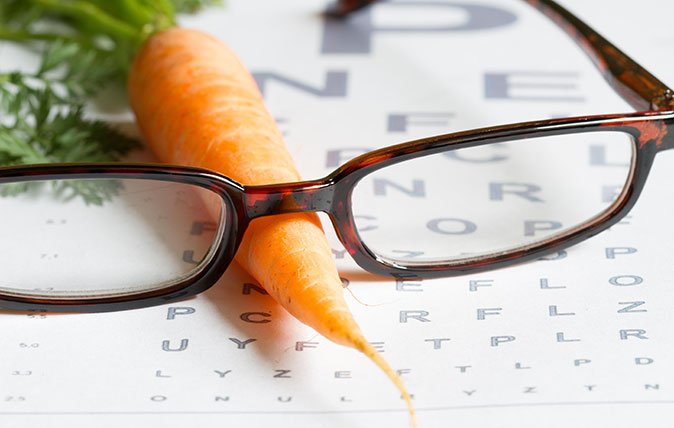
Credit: Alamy
Curious Questions: Do carrots really help you see in the dark?
We've all been given the familiar advice by parents anxious to get us eating our vegetables, but is there any
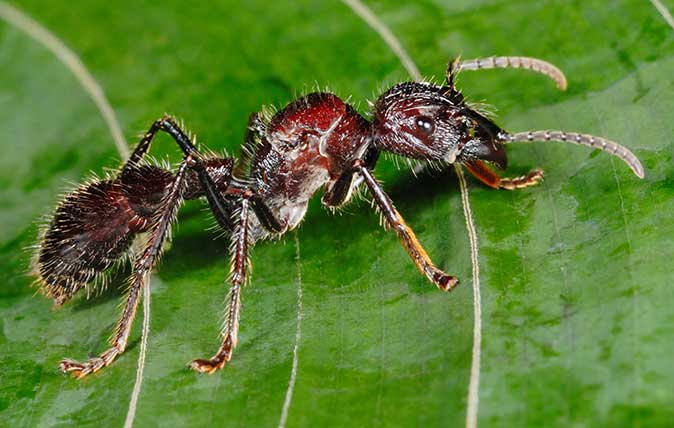
Credit: Photo by FLPA/Hugh Lansdown/REX/Shutterstock – Bullet Ant (Paraponera clavata) adult, standing on leaf in rainforest, Tortuguero N.P., Limon Province, Costa Rica
Curious Questions: What is the world’s most painful insect sting – and where would it hurt the most?
Can you calibrate the intensity of different insect stings? Martin Fone, author of 'Fifty Curious Questions', investigates.
After graduating in Classics from Trinity College Cambridge and a 38 year career in the financial services sector in the City of London, Martin Fone started blogging and writing on a freelance basis as he slipped into retirement. He has developed a fearless passion for investigating the quirks and oddities of life and discovering the answers to questions most of us never even think to ask. A voracious reader, a keen but distinctly amateur gardener, and a gin enthusiast, Martin lives with his wife in Surrey. He has written five books, the latest of which is More Curious Questions.
